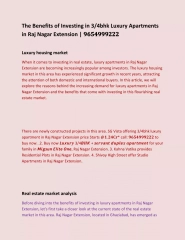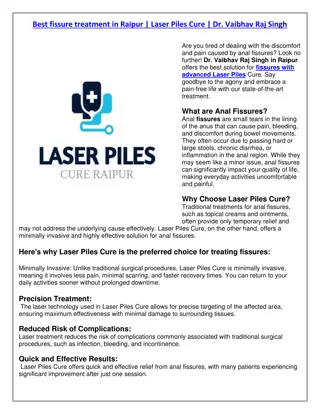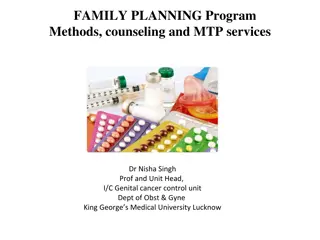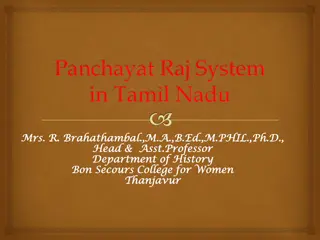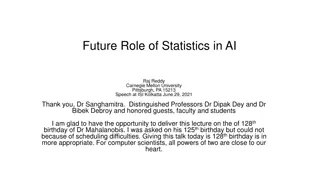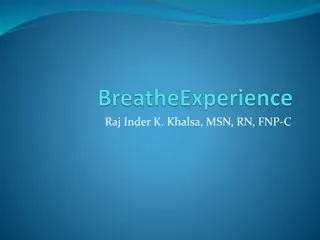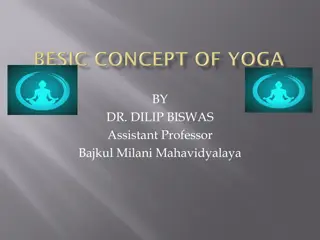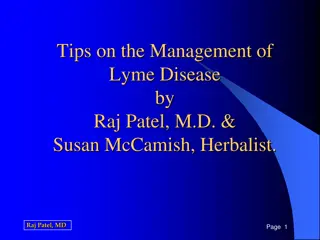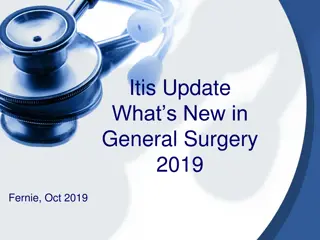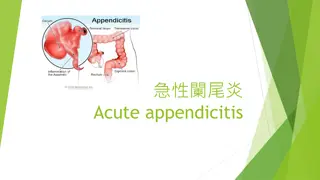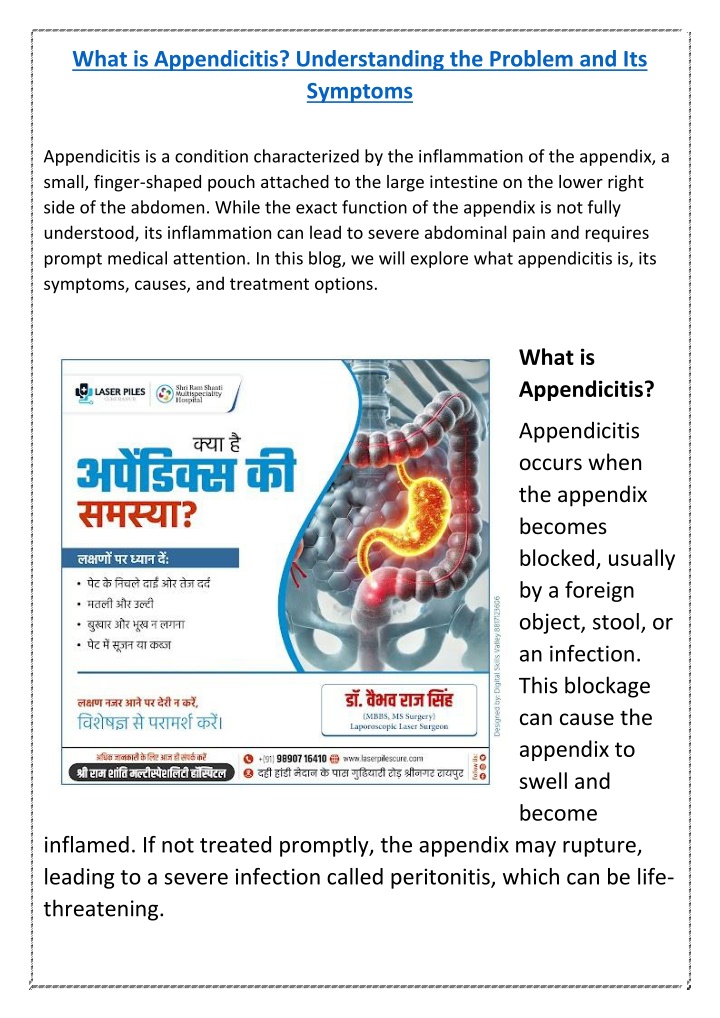
What is Appendicitis Dr Vaibhav Raj Singh
Appendicitis is a medical condition characterized by the inflammation of the appendix, a small, tube-like organ attached to the large intestine. It is a common and potentially serious condition that requires timely medical attention. At Raipur, Dr. V
Download Presentation

Please find below an Image/Link to download the presentation.
The content on the website is provided AS IS for your information and personal use only. It may not be sold, licensed, or shared on other websites without obtaining consent from the author. If you encounter any issues during the download, it is possible that the publisher has removed the file from their server.
You are allowed to download the files provided on this website for personal or commercial use, subject to the condition that they are used lawfully. All files are the property of their respective owners.
The content on the website is provided AS IS for your information and personal use only. It may not be sold, licensed, or shared on other websites without obtaining consent from the author.
E N D
Presentation Transcript
What is Appendicitis? Understanding the Problem and Its Symptoms Appendicitis is a condition characterized by the inflammation of the appendix, a small, finger-shaped pouch attached to the large intestine on the lower right side of the abdomen. While the exact function of the appendix is not fully understood, its inflammation can lead to severe abdominal pain and requires prompt medical attention. In this blog, we will explore what appendicitis is, its symptoms, causes, and treatment options. What is Appendicitis? Appendicitis occurs when the appendix becomes blocked, usually by a foreign object, stool, or an infection. This blockage can cause the appendix to swell and become inflamed. If not treated promptly, the appendix may rupture, leading to a severe infection called peritonitis, which can be life- threatening.
Symptoms of Appendicitis It's crucial to recognize the symptoms of appendicitis early to prevent complications. Here are the common signs to look out for: Severe Pain in the Lower Right Abdomen -The pain often starts around the belly button and gradually shifts to the lower right side of the abdomen. This pain may intensify over time and worsen with movement, coughing, or sneezing. Loss of Appetite -A sudden loss of appetite is a common symptom of appendicitis, often accompanied by a feeling of nausea. Nausea and Vomiting -Nausea, vomiting, and a general feeling of sickness are frequent symptoms that occur as the condition progresses. Swelling and Tenderness in the Abdomen -The affected area may feel swollen and tender to the touch. Even light pressure can cause discomfort. Fever -A mild fever may develop as the body attempts to fight off the infection. If the appendix bursts, the fever can become more severe.
If you notice any of these symptoms, it's essential to seek medical attention immediately to avoid complications. Causes of Appendicitis The exact cause of appendicitis is not always clear, but several factors can contribute to its development: -Blockage in the Appendix: A blockage by hardened stool, a foreign object, or enlarged lymphoid follicles can cause an infection. -Infection: A bacterial or viral infection in the digestive tract can lead to swelling of the appendix. -Inflammatory Bowel Diseases: Conditions like Crohn's disease can increase the risk of appendicitis. Genetics: A family history of appendicitis may increase the likelihood of developing the condition. Diagnosis and Treatment Diagnosing appendicitis typically involves a physical examination, blood tests, and imaging tests such as an ultrasound or CT scan to confirm the inflammation.
Treatment Options for Appendicitis: -Surgery (Appendectomy) The most common treatment for appendicitis is the surgical removal of the appendix, known as anappendectomy. It can be performed using two techniques: -Laparoscopic Surgery: A minimally invasive procedure involving small incisions and a quicker recovery time. -Open Surgery: Involves a larger incision and is often performed if the appendix has already burst. -Antibiotics: In some mild cases, antibiotics may be used to treat the infection. However, surgery is usually recommended to prevent a recurrence. -Hospital Care: Patients are typically monitored closely after surgery, andadditional treatments may be required if there are complications or if the appendix has ruptured. Prevention and Care While it is not possible to prevent appendicitis entirely, a diet high in fiber (fruits, vegetables, and whole grains) may reduce the risk. Maintaining overall digestive health and seeking medical advice at the first sign of symptoms can help in early diagnosis and treatment.
Consult an Expert If you experience any symptoms related to appendicitis, it s vital to consult a healthcare professional immediately. Early intervention can prevent complications and ensure a smooth recovery. AtLaser Piles Clinic andShri Ram Shanti Multispeciality Hospital, our expert,Dr. Vaibhav Raj Singh, specializes in laparoscopic surgery for appendicitis. With advanced techniques and a focus on patient care, we provide effective and minimally invasive solutions for appendicitis treatment. For more information or to schedule a consultation, contact us directly or visit our clinic. We are here to provide expert guidance and comprehensive care for your health needs. Location: Behind Sandhya Petrol Pump, Srinagar, Gudhiyari Road, Khamtarai, Raipur, Chhattisgarh 492014 Contact Us: 917361089108 Email: info@shantilalhospital.com Conclusion Appendicitis is a serious medical condition that requires timely diagnosis and treatment. Recognizing the symptoms early can make a significant difference in the outcome. Don t ignore persistent abdominal pain or discomfort seek medical attention promptly to ensure your safety and well-being.



